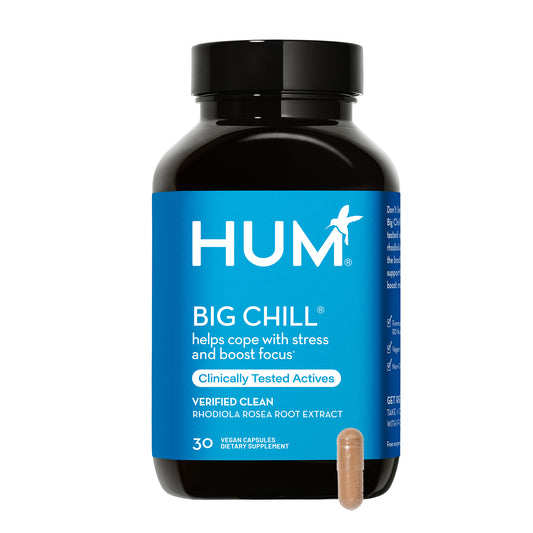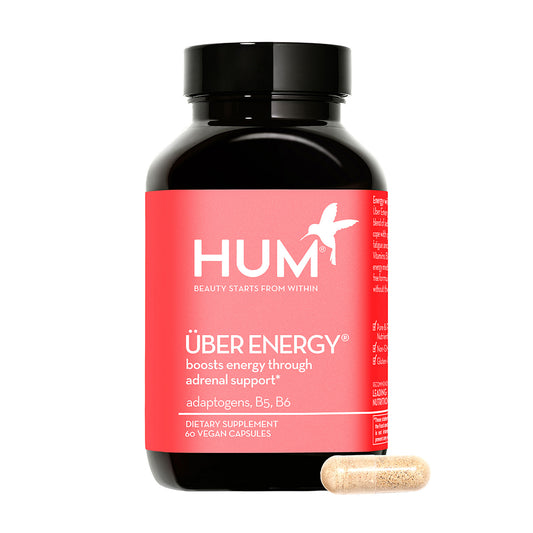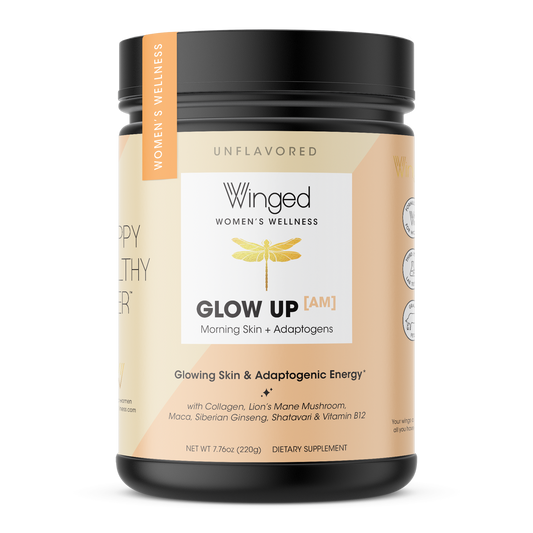Menopause can be a major transitional phase in life. This phase can be hard on its own, but people with Attention-Deficit / Hyperactivity Disorder (ADHD) face even more unique day-to-day struggles during this time.
ADHD is a brain disorder that makes it hard to stay focused. While it's often thought of as a condition in children, adults are also being diagnosed with ADHD. Researchers are still trying to figure out what causes ADHD. But there's some evidence to suggest that it’s linked to both genetics and the environment.
It’s estimated that 2-3% of adult females in the United States have ADHD. Other mental health conditions, such as depression and anxiety, often co-occur with ADHD. The diagnosis of ADHD may be confused with some of these other conditions.
Out of the 3 main types of ADHD, adult females are often diagnosed with the inattentive type. The other two types are hyperactive-impulsive type or a combination of the two. The most common symptoms of inattentive ADHD include:
- Making careless mistakes.
- The inability to multi-task.
- Difficulty organizing and completing tasks.
- Failing to meet deadlines.
- Often losing things like books and keys.
- Appearing to not listen when spoken to.
The biology behind why the inattentive type of ADHD is more common in females has to do with a structure in the brain called the hippocampus. It plays an important in learning and memory. The hippocampus has lots of estrogen receptors, which are activated by estrogen. The more estrogen, the better the hippocampus can function.
As a result, the progression of ADHD symptoms is often directly related to ebb and flow of estrogen levels that occur throughout life. And this remains true during perimenopause and menopause as well.

The connection between ADHD and menopause
During menopause there's a decrease in hormone levels, specifically estrogen and progesterone. Estrogen plays an important role in protecting the brain and the nervous system.
The brain is made up of nerve cells called neurons, which communicate through complex networks. These networks help different parts of the brain work together to control things like thinking, memory, and overall brain function.
During perimenopause, the changing estrogen levels can lead to changes in brain structure and executive function, such as:
- Decreased memory.
- Attention.
- Problem-solving skills.
When estrogen levels decline in menopause, it may also decrease dopamine. Dopamine levels are connected to ADHD symptoms. So, declines in dopamine may lead to changes in being able to focus and concentrate.
One of the symptoms that people with ADHD may experience is a more pronounced version of “brain fog”. Brain fog is a way of describing the feeling of mental confusion, forgetfulness, and difficulty concentrating. It's common during perimenopause and menopause.
Estrogen also helps regulate neurotransmitters in your brain. They're your body’s chemical messengers. They carry messages from nerves to other nerves and muscles, helping your body function properly.
Two specific neurotransmitters, called serotonin and dopamine, are essential for mood and focus. When estrogen levels decline over time, the body can’t make as many of these neurotransmitters.
Declining levels of serotonin and dopamine during menopause can lead to mood swings, irritability, and anxiety. For those with ADHD, this may make it harder to manage feelings and reactions.
In addition, both ADHD and menopause symptoms can disrupt sleep patterns. People with ADHD may already struggle with sleep because of racing thoughts and restlessness. Some people going through menopause may have night sweats and hot flashes. When these two issues happen at the same time, sleep challenges can get worse. This can lead to fatigue and daytime drowsiness.

How to cope with ADHD and menopause
Managing ADHD and menopause symptoms can be frustrating. But there are some things you can do to help you focus and increase your concentration during this time of your life:
- Reduce stress. Practice stress management techniques such as mindfulness, meditation, or yoga. These practices can help both with ADHD symptoms and the emotional challenges that come with menopause.
- Sleep well. Set up a sleep routine and create a healthy sleep environment to improve the quality of your sleep. Make sure your room is dark, the temperature is cool, and ambient noises are minimized. Avoid caffeine and electronics before bed to help keep your brain and thoughts calm before laying your head on the pillow.
- Exercise regularly. Regular physical activity has been shown to have positive effects on your ability to stay focused and concentrate. Exercise increases blood flow to the brain, can help to improve mood, and supports overall brain health. Talk to your healthcare provider before starting or changing any exercise plan.
- Eat a healthy diet. Eat a diet rich in antioxidants, found in berries, tomatoes, spinach (and dark chocolate!), and omega-3 fatty acids, found in eggs, walnuts, salmon, and tuna. Both nutrients can support brain health.
- Consider cognitive-behavioral therapy (CBT). CBT can be very helpful for people who are dealing with both menopause and ADHD symptoms. It can help you develop coping strategies, improve time management, and address emotional challenges by changing your thinking patterns.
- Find support networks. Lean on friends, family, or support groups for emotional support. Sharing your experiences with others who get what you're going through can make you feel understood and less alone.
- Practice “easy” time management techniques. To help you stay organized and better manage your daily tasks, use tools that you already use every day, like calendars, to-do lists, and reminders. Try adding color coding to your tasks, and/or breaking them up into smaller, easier steps to help you feel less overwhelmed.
- Manage medications. If you have ADHD, keep your healthcare provider up to date on your symptoms. They may adjust your ADHD medication dosage or recommend different treatments to help with your symptoms.
- Talk to your healthcare provider. If you find that trying to manage menopause and ADHD is affecting your daily life and health, don't hesitate to ask for professional help. Therapists, counselors, and psychiatrists can provide tailored strategies and treatments.
Menopause and ADHD are two complex and often challenging parts of a person’s life. When they both happen at the same time, the symptoms can be overwhelming. Seeking help from healthcare providers, loved ones, and support networks is a great way to help you effectively manage ADHD and menopause. With the right set of tools and resources, you'll have what it takes to not only survive but thrive in this phase of life.








